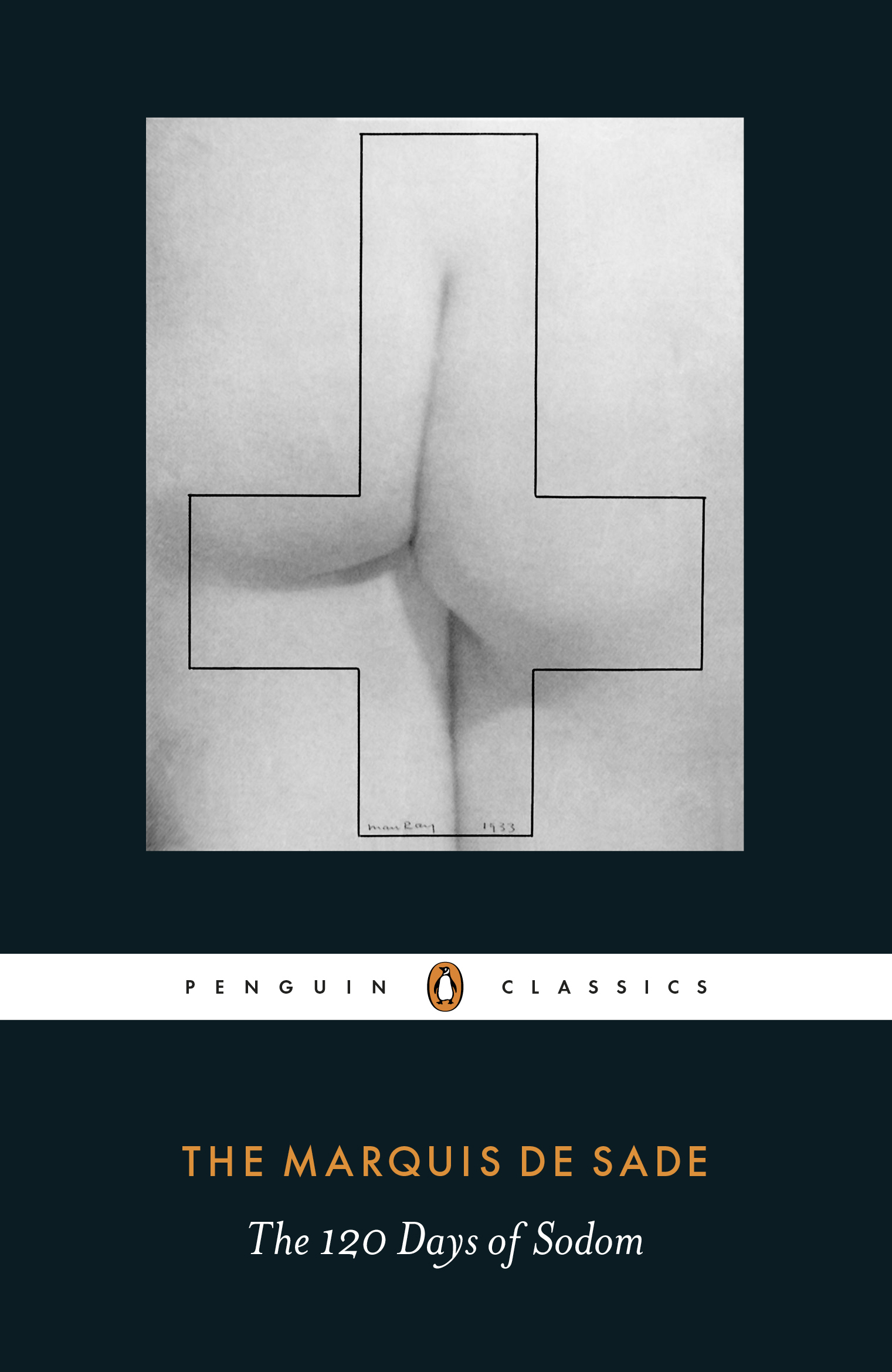Interview with Will McMorran
Interview with Will McMorran
Senior lecturer at Queen Mary University of London
Will McMorran recently translated Marquis de Sade’s famously explicit novel “120 Days of Sodom” with Thomas Wynn for Penguin Classics. Yourtranslator asked him what sparked his interest in this author and how he dealt with the translation of what is arguably one of the most obscene texts in the history of literature.
Tell us a bit about yourself and your background in translation and academia.
I am half-French and half-English, and I studied English as my undergraduate degree at Bristol University before doing my masters and a doctorate in English and Modern Languages at Oxford University. My first book was on digression in the early European novel, but I have been working on the Marquis de Sade for the last ten years. I teach at Queen Mary University of London, where I founded the department of Comparative Literature and Culture after being in the French department (where I used to enjoy teaching translation very much). I have written articles on translation in the eighteenth and nineteenth centuries, but the Sade translation was my first actual translation. My second translation has also just been published, but is very different: it’s a comic strip history of sexuality called The Story of Sex: From Apes to Robots. It’s by a French sexologist called Philippe Brenot.
You recently translated 120 Days of Sodom and are currently working on a book entitled “Reading Sade”. Could you explain the reasons for your interest in this controversial author?
The first time I read a novel by Sade I was really shocked, but also fascinated. Reading his fiction raises questions that we tend not to think about when reading more respectable works of literature. It makes us wonder about the power of fiction over the reader, and about the power of fictional violence in particular. And Sade is a very unusual case. We often lazily assume that authors are wise and friendly figures – mentors or teachers – but Sade is an example of an author we cannot trust. We never know what his intentions are. This is part of the reason that reading him is so difficult but so interesting.
I found I became more – not less – sensitised to the violence in the novel the more I worked on it; there are certain sections of the novel where tortures are described, and I found these almost unbearable to translate.
You recently wrote an article on the challenges of translating rude words used by Sade in 120 Days of Sodom. What other difficulties did you face during the translation of this book?
Whereas ‘normal’ readers will only read a text once, and will skip over pages if they are bored or in a hurry, translators obviously have to read and reread in a much more intensive way. Because The 120 Days of Sodom is such an extreme text, living with it for three years was at times a very difficult experience. I found I became more – not less – sensitised to the violence in the novel the more I worked on it; there are certain sections of the novel where tortures are described, and I found these almost unbearable to translate. The coprophilic sections of the novel were also difficult to translate – after a couple of hours I would have to stop because I would feel very nauseous!
Technically there were interesting challenges too. Sade’s work is a draft, not a finished manuscript, so there are lots of mistakes and the punctuation is very minimalist – sometimes the sentences go on for pages like Proust. We wanted Anglophone readers to have a sense of the original text so we kept the mistakes and did our best to imitate the long sentences – though English is less flexible than French so this was difficult. We also had to be careful to find an idiom that was not old-fashioned but also not too contemporary because we wanted this translation to last a long time. We wanted to keep out of the way, and let the original text speak as brutally to English readers as it has to French readers.
You mention in your bio that your research interests include eighteenth century literature. Is there a specific reason you decided to focus on that century?
My first book was on eighteenth-century comic novels, and I have always loved the mixture of philosophy and fiction that one finds in eighteenth-century literature. For me the eighteenth-century novel is much more exciting and varied than the nineteenth-century novel. There are wonderful works in this period – such as Tom Jones, The Monk, Dangerous Liaisons, and, of course, The 120 Days of Sodom.
As a professor of French literature, would you say it is currently popular among the English-speaking public? What are the latest trends in translation of French literature into English?
The English have always been lazy about other languages, and until recently have been quite lazy about translating fiction from other languages as well. Over the last few years this has changed, with the popularity of Scandinavian crime fiction for example. However, the English still translate far fewer works into their own language than other countries in Europe. In terms of French literature, there are now excellent translations of all the major works, but very few contemporary writers other than Michel Houellebecq are available in translation.

